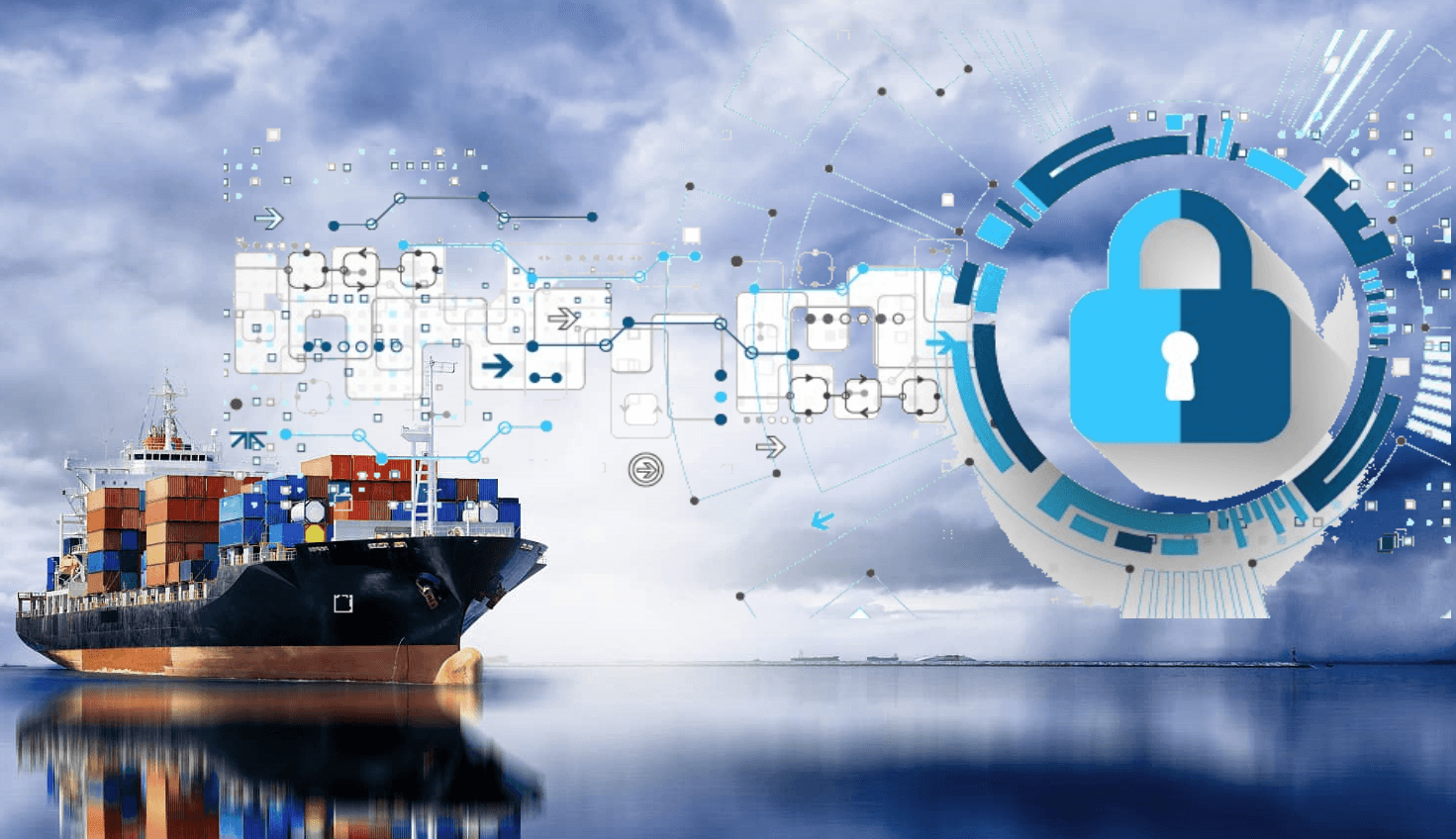
Maritime and transport & logistics cyber-attacks are no longer the stuff of science fiction. They are happening now, and the threats are growing.
The maritime and logistics industry has been shown to be under increasing levels of cyber-attack, with future attacks having the potential to brutally disrupt critical infrastructure. However, the industry lacks a standardized approach to cybersecurity, a national approach will be counterproductive, and a global mandatory standard, while needed, will take a long time to implement. In the shorter term, its recommended that the industry join around a set of voluntary guidelines in order to reduce the risk and increase resilience. To provide a framework for these recommendations, the industry should examine the specific characteristics of the maritime and logistics industry in relation to cybersecurity.
The maritime industry is the basis for the efficient functioning of all aspects of modern society, from the supply of raw materials such as oil, iron, and grain to virtually every product on the shelves of the local stores and supermarkets and it is wide open to disruptive cyber-attacks.
After 9/11, the maritime industry saw an increase in physical security procedures aimed at reducing the risk of paralyzing vital infrastructure; in particular, there was a focus on port security. However, a similarly security-conscious approach is found to be lacking in relation to cyber-risks.
A theoretical scenario to illustrate the point would be a cyber-attack that involved the deletion of operational data in a few large container shipping terminals. Such an attack would choke the entire supply chain for tens of thousands of companies.
During the 10-day labor dispute on the west coast of the US, it was estimated that this had a cost to the United States economy of $1-2 billion USD per day due to disrupted supply chains. Since then, the volume in container transport has increased tremendous and so has the impact.
The maritime industry has a variety of characteristics that makes it difficult to implement solid cyber-defenses. To demonstrate this point, it is worthwhile investigative how a generic container shipping line operates. A large container shipping line will have offices spread across 150 different countries. They own, and hence control, half of these offices, but for the other half, they rely on the services of their local agents. The shipping line thus must share access to key back-end systems with a large number of local agents who have their own IT infrastructure, and where the shipping line usually has extremely limited insight, and influence, on the cybersecurity standards.
Shipping lines may be operating a fleet of 200 vessels of which they own 100. The other 100 vessels are on charter from other vessel-owners on short- or medium-term time-charter. The liner may or does not have the ability to control the IT structure onboard vessels for a period of time. Even for the vessels the shipping line owns, cybersecurity on the vessels tend to be a problem. At many liners, the IT department located at headquarters inclines to oversee land-based IT systems, while the vessel-based IT systems fall under the purview of the marine technical department. Different departments and IT bases means that the security is not optimum. This is not just a problem of liners but can be seen across the shipping industry.
Perhaps its time that the industry will start working on a standard that can and will be monitored and adjusted when needed. The global economy needs to rely on the shipping industry to take care of their security in order not to disrupt the global supply chain.
It is no longer about theft or money. The maritime and logistics industry as a whole is no different than other industries, but the nature of shipping also results in a situation where cyber-attacks, even those “only” aimed at a single corporation, can have substantial ripple effects into entire national and international economies.
For the suture of logistics there should be an industry wide consensus for a cyber-resilience approach in order to have our global logistics more secure and efficient.
Remember that the best strategy for win a war is to attack the infrastructure. To prevent this is to work together to strengthen it.

